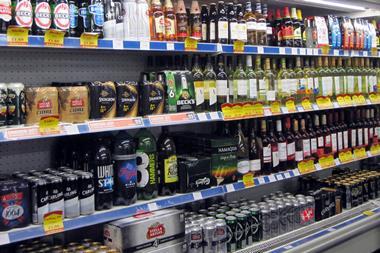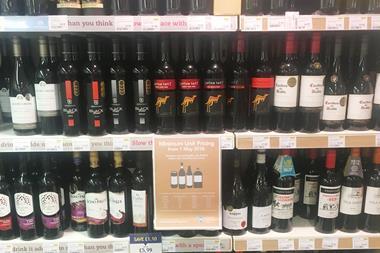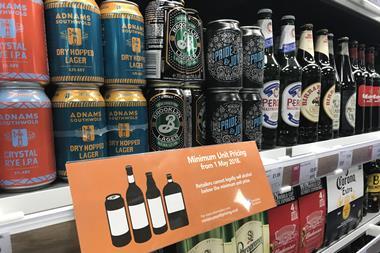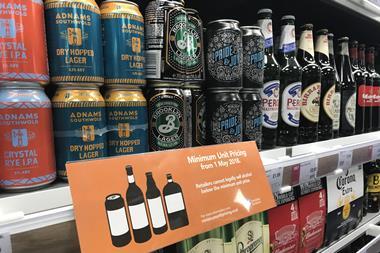Scottish alcohol consumption falls following Minimum Unit Pricing

The introduction of Minimum Unit Pricing (MUP) in Scotland has led to a fall in the amount of alcohol purchased by households, a new study published in the British Medical Journal (BMJ) suggests.
ALREADY HAVE A REGISTERED USER ACCOUNT? PLEASE LOG IN HERE
To read the full story join the ConvenienceStore.co.uk community today!
Registration is quick and easy and provides access to:
- Unlimited ConvenienceStore.co.uk articles
- Our great range of newsletters
- Content you’ve saved for later via the ‘my library’ feature
And much more…
































